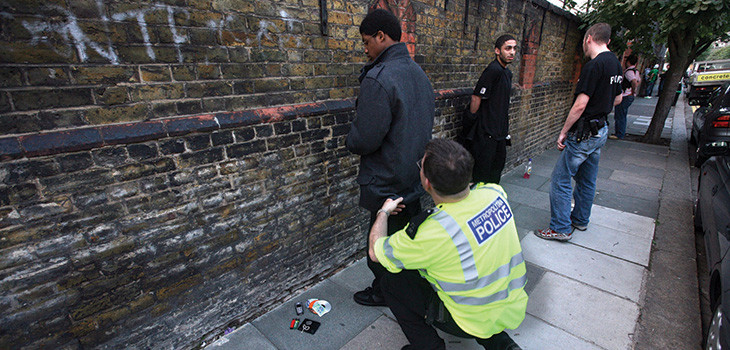
Neil Parpworth delves deep into the latest data to determine how the police are using stop & search powers
- In the past three years, the annual total for stop and searches has been relatively consistent.
- In 2023/24, most stop and searches were carried out under s 1 of the Police and Criminal Evidence Act 1984 and associated legislation. The next most commonly used power was s 60 of the Criminal Justice and Public Order Act 1994, which is a ‘suspicionless’ power.
- There was a very slight increase in the proportion of stop and searches that resulted in an arrest.
- Black people were nearly five times as likely to be stopped and searched as White people.
Police powers of stop and search are found in a number of different enactments, as is evident from Annex A to Police and Criminal Evidence Act 1984 (PACE 1984), Code of Practice A (2023). Thus, provisions such as s 47 of the Firearms Act 1968, s 4 of the Crossbows Act 1987,









